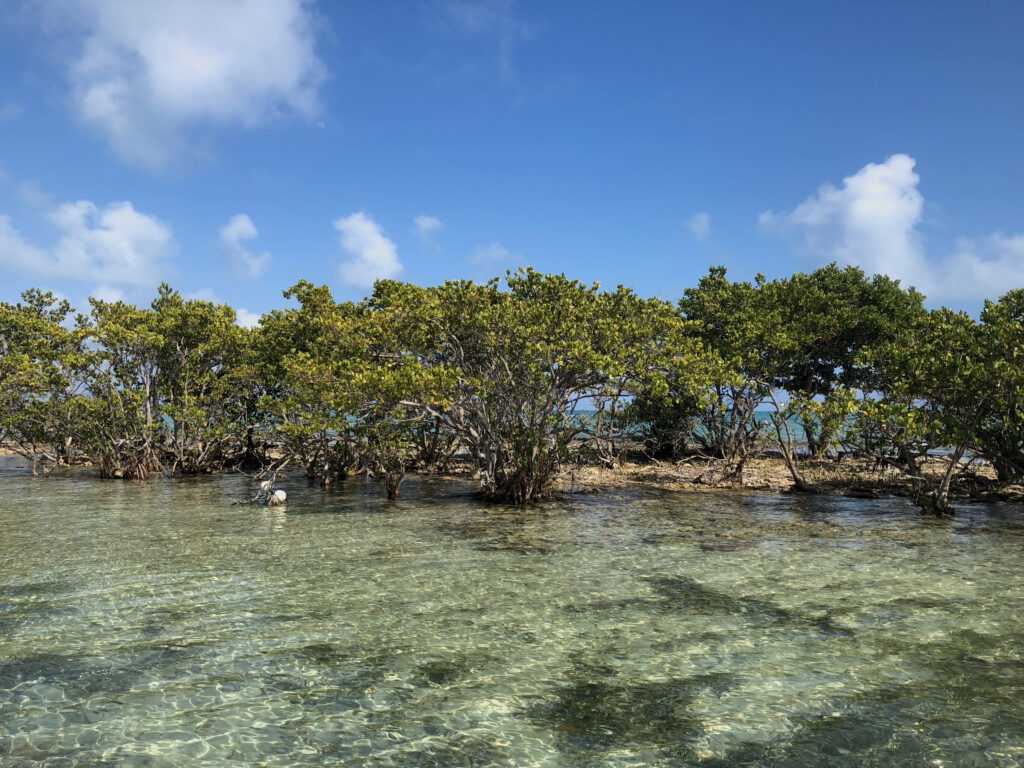Biscayne Bay. Photo: Nick Roberts
Bonefish & Tarpon Trust (BTT) today announced a grant of $44,000 awarded to Miami Waterkeeper (MWK) to help fund an ongoing study of nutrients and bacteria in Biscayne Bay. BTT joins with partners Florida International University, University of Miami, NOAA, EPA, and Beta Analytic in supporting the MWK-led project.
“Biscayne Bay is a national treasure and vital local resource facing ongoing environmental threats,” said BTT President and CEO Jim McDuffie. “These shallow waters have played an important role in the history of flats fishing and remain an integral part of Florida’s multi-billion-dollar recreational fishery. We value our partnership with Miami Waterkeeper and are pleased to support this important project examining the levels and possible land-based sources of nitrates and bacteria.”
This project seeks to understand the influence that canal discharge and land-based sources of pollution have on Biscayne Bay. Researchers will examine levels of bacteria and nutrients, using novel approaches to track the source of these pollutants. Ultimately, the study seeks to understand the conditions that may have led to the unprecedented fish kill in northern Biscayne Bay in August 2020 – when more than 27,000 fish suddenly suffocated in just a few days. Understanding these conditions will enable Miami Waterkeeper to develop data-driven recommendations for water management practices that will improve water quality, restore essential habitats, and create a sustainable environment for the fish and other marine life that depend on them.
“We are thrilled to welcome Bonefish & Tarpon Trust as a partner in our nutrient and bacteria monitoring research,” said Dr. Rachel Silverstein, Executive Director & Waterkeeper at MWK. “Tracking the sources of pollution that led to the devastating 2020 fish kill will inform our recommendations on how to prevent similar tragedies from happening in the future and will protect Biscayne Bay’s fish populations. This work reflects both our and BTT’s shared focus on creating science-based solutions to protect our water.”




